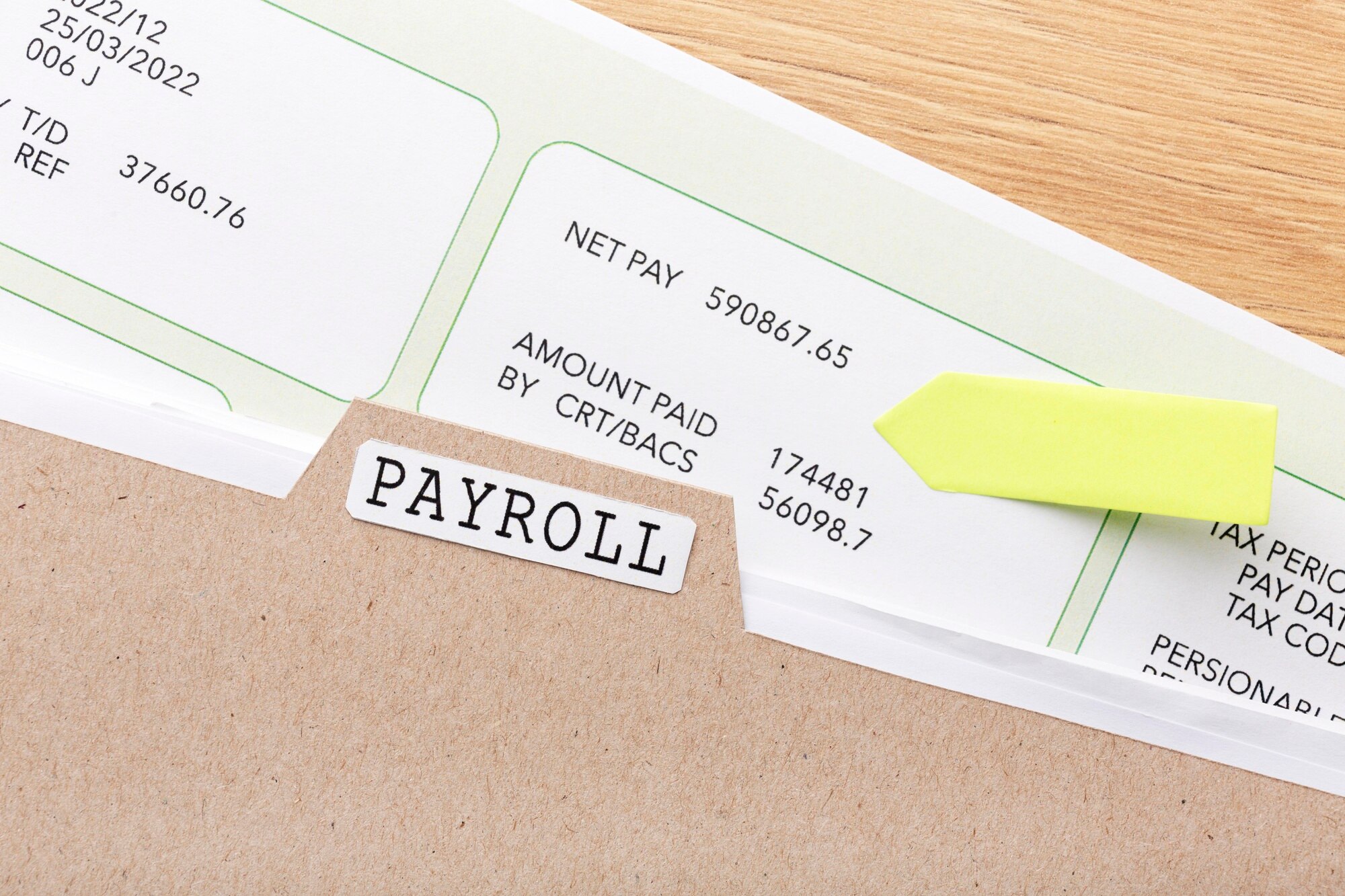Best Payroll Software for Small Businesses & Contractors in 2025
Introduction
Choosing the right payroll software for small business operations is a game-changer. It reduces administrative work, ensures compliance with changing tax laws, and helps contractors and employees get paid on time. More importantly, the right payroll system provides accurate pay stubs and seamless reporting that support day-to-day management and long-term planning.
In this guide, we explore the features every payroll software should have, compare workflows for small businesses and contractors, and share practical tips for successful implementation. Whether you manage a growing startup or independent freelance projects, understanding payroll software for small business in 2025 will save you time and money. For tax compliance guidance, refer to the IRS Small Business Resources or check our Payroll Tax Compliance Guide.
Core Payroll Features Every Small Business Needs
1. Automated Payroll Processing
Manual calculations invite errors. Payroll software for small business calculates gross pay, taxes, and deductions automatically. Look for solutions that manage overtime, garnishments, and retroactive adjustments while supporting multiple pay schedules and producing compliant pay stubs. Learn more about Automated Payroll Tools.
2. Tax Filing & Compliance
Compliance is critical. Top payroll platforms update automatically with federal, state, and local tax rates, and generate W-2s, 1099s, and electronic deposits. This ensures small businesses avoid penalties. Check multi-state filing support for staff in California, New York, or Texas. More info: U.S. Department of Labor.
3. Direct Deposit & Multiple Payment Methods
Flexible pay options are essential. Direct deposit is standard, but contractors may prefer pay cards, ACH, or checks. Advanced systems allow split deposits into multiple accounts and next-day payroll for urgent runs. These payments are always reflected in accurate pay stubs. Check our Direct Deposit Pay Stubs Guide.
4. Time Tracking & Payroll Integration
Integrated time tracking eliminates errors from manual data entry. Modern payroll software for small business syncs with apps like TSheets, Deputy, or Homebase and enforces compliance with overtime rules in states like California or Washington. Explore Time Tracking Integration Options.
5. Contractor Payments & 1099 Management
Contractors require different handling. A good payroll software solution stores W-9s, tracks 1099 payments, and generates 1099-NEC forms automatically. Platforms like Gusto, OnPay, or ADP provide robust contractor support. For freelancers, you can generate professional pay stubs using a reliable Pay Stub Generator.
Payroll Reporting & Recordkeeping
Accurate records are essential for audits and financial planning. Payroll reporting features help small businesses monitor labor costs, taxes, and compliance. Reports often include:
- Year-to-date summaries for employees and contractors
- Federal and state tax liability reports
- Department-level or project-based labor cost analysis
- Exports to Excel, CSV, or QuickBooks
Well-maintained pay stubs also serve as proof of income for banks, landlords, and government programs. Learn more in our Pay Stub Management Guide.
Security, Privacy & Access Controls
Payroll data includes sensitive information like SSNs, tax IDs, and bank details. Choose vendors with SOC 2 certification, strong encryption, multi-factor authentication, and role-based access. Protecting pay stubs and employee data is non-negotiable. Learn more about payroll security: NIST Cybersecurity Guidelines or check our Payroll Security Best Practices.
User Experience & Employee Self-Service
Employee portals save HR time. Staff should download pay stubs, access tax forms, and update direct deposit info. Small businesses benefit from fewer admin requests.
For urgent or customizable stubs, complement payroll software with our Pay Stub Generator.
Integration Considerations
Payroll software rarely works alone. Look for seamless integration with QuickBooks, Xero, HR platforms, and benefits providers. APIs and pre-built connectors ensure smooth workflows across multiple systems, keeping pay stubs accurate and compliant. Explore Payroll Software Integrations.
Conclusion & Next Steps
Choosing the right payroll software for small business simplifies compliance, strengthens recordkeeping, and improves employee satisfaction. Combine reliable platforms with tools like a pay stub generator to ensure timely, accurate pay stubs.
Start by mapping payroll needs, comparing pricing, and testing integrations. For ongoing support, visit our Regular Pay Stub Guide and try the Pay Stub Generator for quick, compliant pay stubs.

